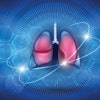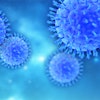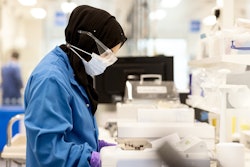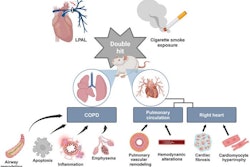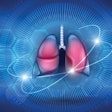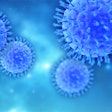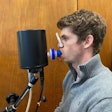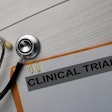
Researchers with the Advanced Diagnostic Laboratories at National Jewish Health in Denver have developed a molecular diagnostic test they say is capable of accurately identifying a major genetic cause of COPD known as alpha-1 antitrypsin deficiency (AATD).
According to a news release, the novel 23-SNP alpha-1 antitrypsin (AAT) assay significantly improves the speed and precision of AATD diagnosis by detecting multiple genetic mutations associated with the disease. The study, “Accurate Identification of Pathogenic Mutations Conferring α1-Antitrypsin Deficiency by a Novel Multiplexed Molecular Assay,” was published in CHEST Pulmonary.
While most COPD is caused by long-term exposure to irritants like cigarette smoke, AATD is a genetic form of the disease where the body doesn’t produce enough of a protective protein. It is the second most common genetic lung disease in the United States.
“AATD is widely underdiagnosed, leading to delays in treatment that can worsen disease outcomes,” said Yongbao Wang, PhD, lead researcher and senior author on the paper. “Our test provides an accurate, comprehensive and rapid genotyping solution that can be implemented as a frontline diagnostic tool.”
The study used 373 biological samples, demonstrating the ability of the test to detect 20 pathogenic mutations in the SERPINA1 gene, which is responsible for AAT protein production. It also detected two normal variants and an additional variant that is still being studied.
The test broadens the number of identifiable genotypes from currently available testing, including less common alleles, such as F and I, and some null alleles. Results showed 100% accuracy in identifying abnormal mutations among AATD-affected patients, significantly outperforming the traditional isoelectric focusing gel method and other molecular tests, which only detect S and Z alleles.
The researchers said the new test could pave the way for newborn screening programs and at-home collection, further enhancing early detection.
The test has been integrated into clinical practice at National Jewish Health and is currently being used to test patient samples in a routine diagnostic setting. It is available to clinicians through National Jewish Health Advanced Diagnostic Laboratories.



